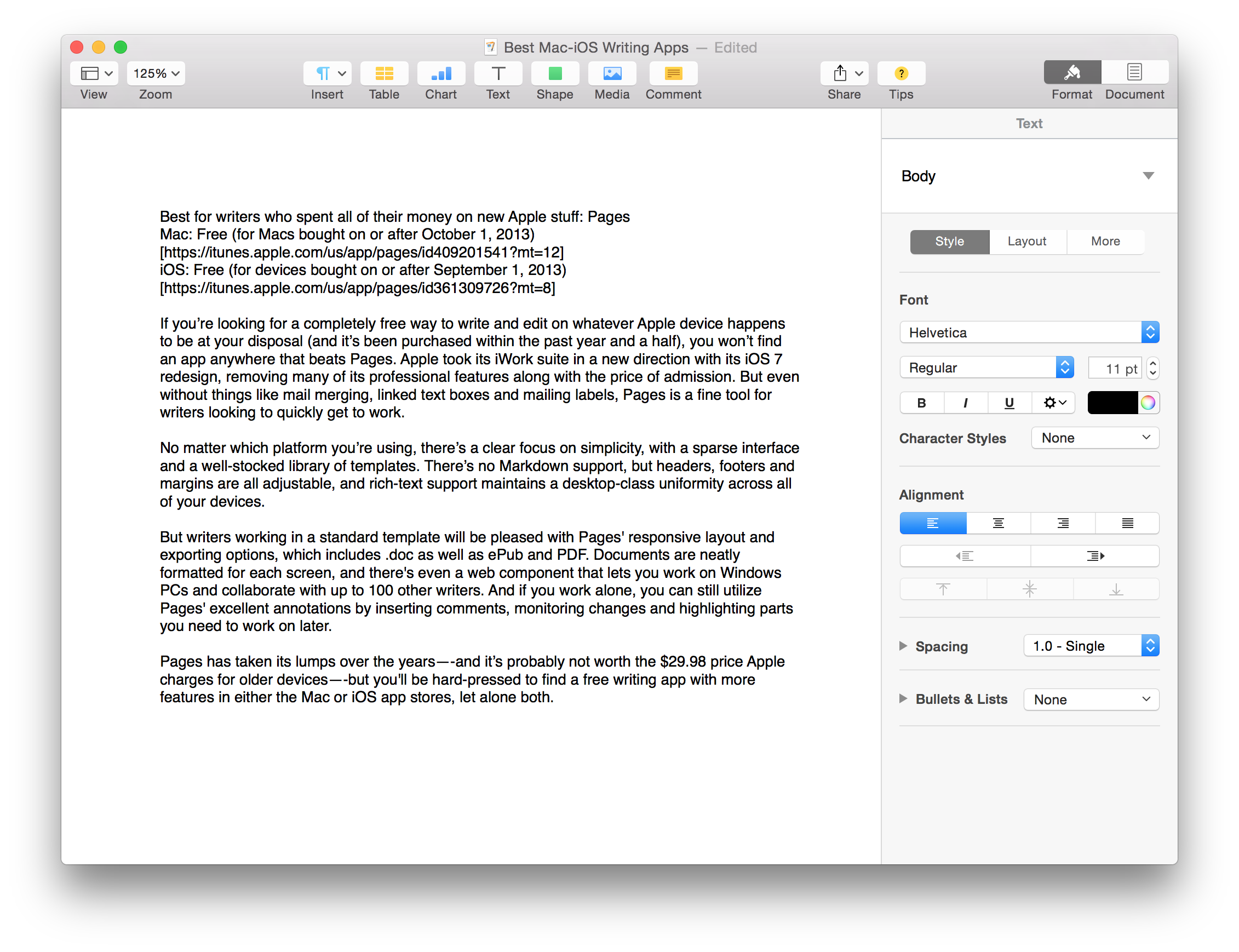
Performance budgets, performance goals, RAIL framework, 170KB/30KB budgets.Ĭhoosing a framework, baseline performance cost, Webpack, dependencies, CDN, front-end architecture, CSR, SSR, CSR + SSR, static rendering, prerendering, PRPL pattern.īrotli, AVIF, WebP, responsive images, AV1, adaptive media loading, video compression, web fonts, Google fonts.

Performance culture, Core Web Vitals, performance profiles, CrUX, Lighthouse, FID, TTI, CLS, devices. So, if we created an overview of all the things we have to keep in mind when improving performance - from the very start of the project until the final release of the website - what would that look like? Below you’ll find a (hopefully unbiased and objective) front-end performance checklist for 2021 - an updated overview of the issues you might need to consider to ensure that your response times are fast, user interaction is smooth and your sites don’t drain user’s bandwidth. Performance has to be measured, monitored and refined continually, and the growing complexity of the web poses new challenges that make it hard to keep track of metrics, because data will vary significantly depending on the device, browser, protocol, network type and latency (CDNs, ISPs, caches, proxies, firewalls, load balancers and servers all play a role in performance). Performance isn’t just a technical concern: it affects everything from accessibility to usability to search engine optimization, and when baking it into the workflow, design decisions have to be informed by their performance implications. Looking back now, things seem to have changed quite significantly. Often deferred till the very end of the project, it would boil down to minification, concatenation, asset optimization and potentially a few fine adjustments on the server’s config file. Web performance is a tricky beast, isn’t it? How do we actually know where we stand in terms of performance, and what exactly our performance bottlenecks are? Is it expensive JavaScript, slow web font delivery, heavy images, or sluggish rendering? Have we optimized enough with tree-shaking, scope hoisting, code-splitting, and all the fancy loading patterns with intersection observer, progressive hydration, clients hints, HTTP/3, service workers and - oh my - edge workers? And, most importantly, where do we even start improving performance and how do we establish a performance culture long-term?īack in the day, performance was often a mere afterthought. DOM complete, time to first byte, first input delay, client CPU and memory usage. You don’t have to plan on adjusting the font with every new document you create and can simply get right to work.This guide has been kindly supported by our friends at LogRocket, a service that combines frontend performance monitoring, session replay, and product analytics to help you build better customer experiences.
APPLE PAGES FONT MAC
If you use Pages on your Mac regularly, changes like this can make a big difference.
APPLE PAGES FONT HOW TO

Remember, this font will apply to new Blank documents and Basic templates in Pages. If you want to change either the style or size again later, just head back to the Pages Preferences and click the Change button for the default font. Open Pages on your Mac and then follow these simple steps.ġ) Click Pages > Preferences from the menu bar.ģ) Check the box for Set font and size for new documents.Ĥ) Choose the font you want to use in the drop-down box and then pick the size directly below that. Set the default font style and size in Pages You can now set the default font in Pages on your Mac easily, here’s how.

No longer do you have to change the font style and size every time you create a new document.
APPLE PAGES FONT FOR MAC
Thankfully, Pages version 8.2 for Mac brought the option to set the default font. If you use Pages as your preferred app on Mac for working with documents, then it’s likely you have a favorite font that you adjust with every new document.


 0 kommentar(er)
0 kommentar(er)
